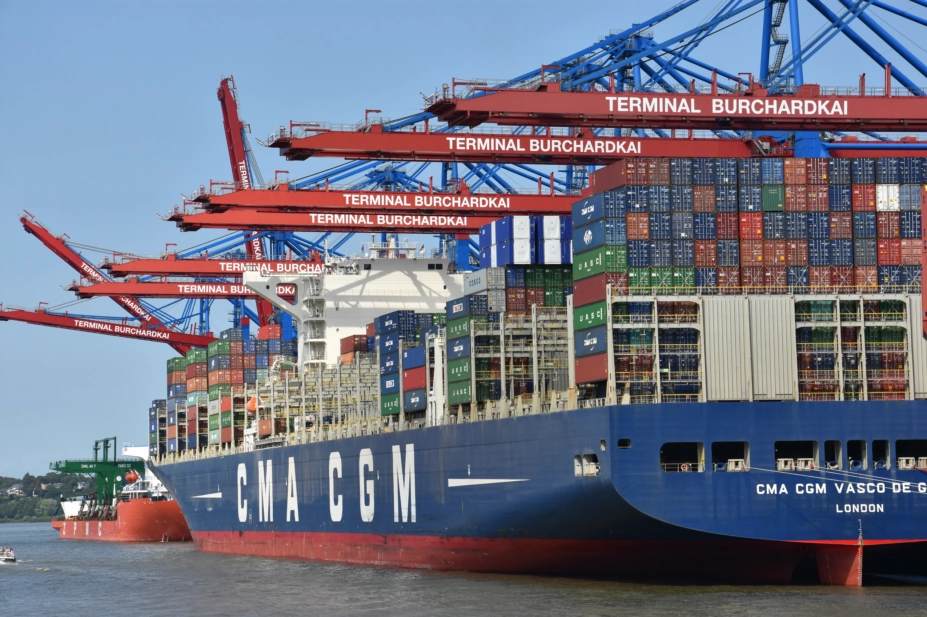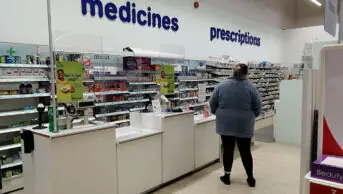
Shutterstock.com
The Department of Health and Social Care (DHSC) is looking for bids on a contract to set up an “express freight service” ahead of the UK leaving the EU at the end of October 2019.
The two-year contract, published on 23 July 2019 and worth £25m, is more than eight times the cost of the initial prior information notice for the service worth £3m, which was published on 1 July 2019.
The DHSC has said the cost increase was because the original contract only covered three months of running the service and the new cost also accounts for an increased capacity.
According to the contract notice, the express freight service is expected to deliver small “time sensitive shipments” within 24 hours or larger pallets of medicines within 4 days.
It is also expected to transport medical radioisotopes, controlled drugs and temperature-controlled products requiring frozen or refrigerated storage.
The chosen supplier will be free to use “any mode of transport”, according to the contract, as long as it is “compatible with the transit timescale requirements, conditions of carriage and the effective mitigation of foreseeable disruption to services”.
In a statement, the DHSC said the service “will provide an additional level of contingency as part of necessary preparations to leave the EU on 31 October 2019, whatever the circumstances”.
Mike Thompson, chief executive of the Association of the British Pharmaceutical Industry, welcomed the extra capacity to transport medicines to UK patients, adding that pharmaceutical “companies look forward to the detail of how this extra freight capacity will work in practice”.
Mark Dayan, policy analyst at the Nuffield Trust, said the service “is a good idea”, but added that “complicated new processes for customs” will mean companies “will have to reroute all their supply lines overnight”.
“Any teething problems that result will have a sharp impact on care as vital supplies that can’t last more than a few days become useless,” he added.
A spokesperson for the British Medical Association (BMA) added that it was “beyond alarming” that the supplier for the service has yet to be appointed.
David Wrigley, deputy chair of the BMA, said: “This latest announcement from the government is a further indication of the chaos that will lay in store for the NHS and patients in the event of a no-deal Brexit, and highlights just how costly this will be.”
The contract for an express service comes after NHS Confederation said a government review of its Brexit planning found that initial plans to commission daily flights between the UK and EU countries to transport urgent medicines was “not an incredibly efficient way of doing it”.
The “express freight service” is expected to be fully operational from 24 October 2019 “to allow for testing in advance of full operational sign off” by 31 October 2019.
Health minister Chris Skidmore said: “This express freight service sends a clear message to the public that our plans should ensure supply of medical goods remains uninterrupted as we leave the EU.”


